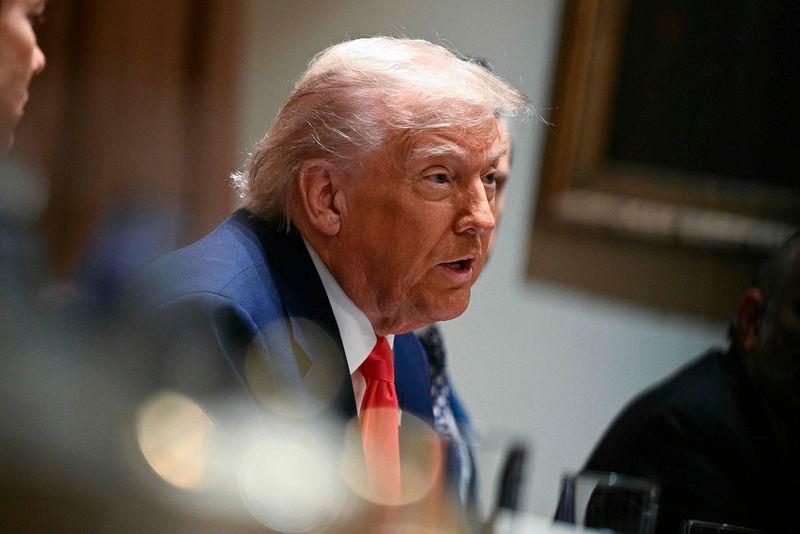WASHINGTON: US President Donald Trump's steep tariff hike targeting Chinese goods, which took effect Thursday, brings Washington's additional rate on many products to 145 percent, the White House confirmed.
Since returning to the presidency, Trump has imposed waves of tariffs on sectors like steel and aluminum imports, as well as autos.
Most recently, he slapped a baseline 10 percent tariff on most US trading partners -- but on Wednesday the president announced a 90-day halt in higher duties for dozens of countries.
This pause came into place Thursday and lifts July 9, a White House order showed.
But Trump has also doubled down by raising new tariffs on Chinese imports to 125 percent.
The figure stacks atop a 20 percent additional duty from earlier in the year over China's alleged role in the fentanyl supply chain.
This takes the total tariffs Trump has imposed on Chinese products this year to 145 percent, piling on existing levies from past administrations.
But the latest 125 percent figure on China, aimed at addressing practices Washington has deemed unfair, contains notable exclusions.
It excludes products like steel and aluminum imports, as well as autos, on which Trump has slapped 25 percent tariffs under separate regimes.
The number does not apply either to goods such as copper, pharmaceuticals, semiconductors, lumber, and energy products -- some of which are sectors Trump is mulling future action against.
All of this paints a more complicated picture of tariff levels, even as tensions soar between Washington and Beijing.
- Small parcels -
But Trump's latest order promises further disruptions to imports of popular low-cost imports from China, which can cover clothing and small appliances.
Besides the higher tariff rate on Chinese goods, he also raised the stakes for small packages from the country -- increasing the duties they face from 90 percent to 120 percent.
These take effect from May 2.
The per item rate is lifted again as well, to $100 from May 2, and $200 from June 1.
The rules were enacted after Trump signed an order canceling the duty-free exemption for goods from China valued at $800 or below.
The exemption faced huge scrutiny as US officials pointed to the growth of Chinese-founded online retailers Shein and Temu as a reason behind a surge in such low-value shipments from China.









